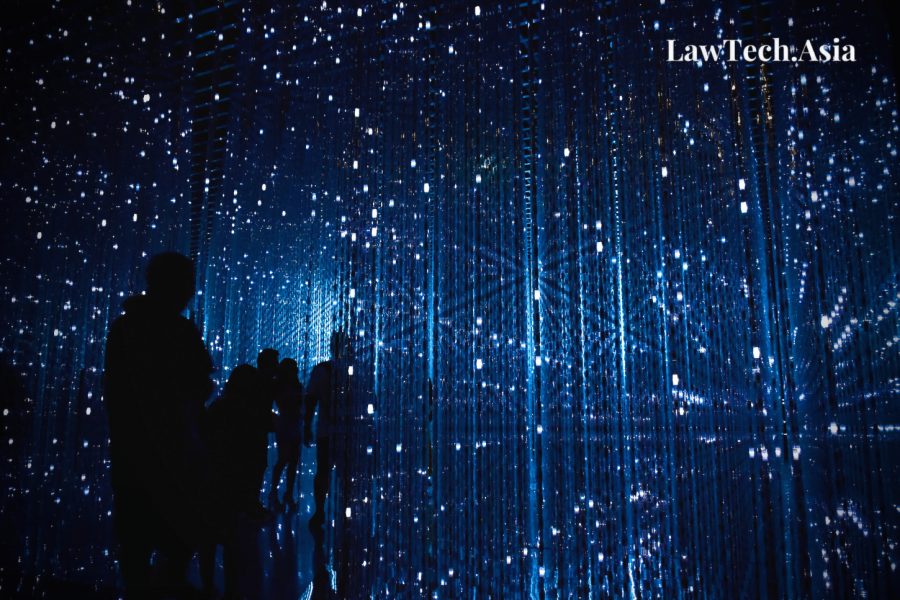Written by Yiap Siew Fong | Edited by Josh Lee Kok Thong
May 2024 was a particularly eventful month for legal technology in Hong Kong. It marked the return of the FT Innovative Lawyers Asia-Pacific Awards (“FT Awards”) to Hong Kong, showcasing the latest achievements in legal innovation throughout the region. The Hong Kong chapter of Asia-Pacific Legal Innovation and Technology Association (“ALITA”) also hosted a digital innovation roundtable in collaboration with the Law, Innovation, Technology and Entrepreneurship Lab at the University of Hong Kong’s Faculty of Law (“LITE Lab@HKU”). Earlier that month, a panel session at Hong Kong Mediation Week titled “Bots v Humans? The Future of Mediation” examined the implications and potential of AI in relation to the field of dispute resolution and mediation. These recent events provide an opportune context to examine the current state of the legal technology landscape in Hong Kong.





